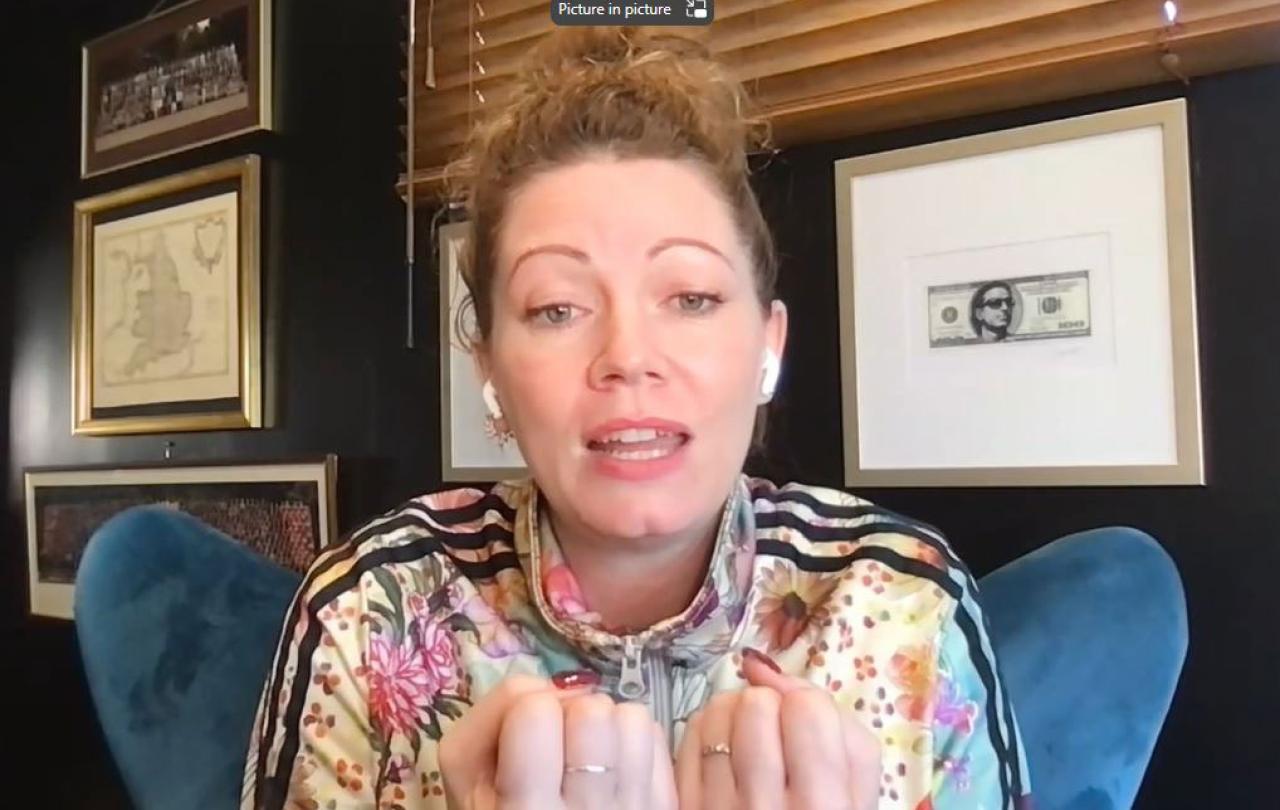I sometimes wake up in a cold sweat with flashbacks of one terrible swimming lesson at school. I had accidentally forgotten to forget my kit, so was forced to face not only the freezing water, but the spouting of ignorant prejudice from my teacher.
“Kandiah, you’re useless,” he said, as I heaved myself out of the pool at the end of the lesson. “Although I guess it’s not your fault you can’t float like the white children. Your bones are heavier. Look at the Olympics – you never see black and Asian swimmers, do you?”
I opened and closed my mouth a few times, like the fish out of water I suppose I was, but inside I was seething.
Being told I couldn’t do something made me all the more determined to do it. Back in I jumped.
Last week, in another splash aimed at proving people wrong, Beyoncé’s magnificent album “Cowboy Carter” became the first album by a black woman to top the country charts.
On her Instagram feed she said: “the criticisms I faced when I first entered this genre forced me to propel past the limitations that were put on me.”
It was a brave move. Back in 2016, she had received heated and hate-filled reactions when she performed her song Daddy Issues at the 50th Country Music Association Awards with the country music group Chicks, formerly known as the Dixie Chicks. Many country music fans were outraged, calling it an act of cultural appropriation. One response on social media put it starkly: “SHE DOES NOT BELONG!!”.
But as a Texan who had been brought up around country music, Beyoncé disagreed. She would spend the next five years planning her response. Cowboy Carter proves her country credentials beyond all doubt. It’s not only about the music. It also does three important things that show the world what can be done when faced with barriers of prejudice and ignorance.


